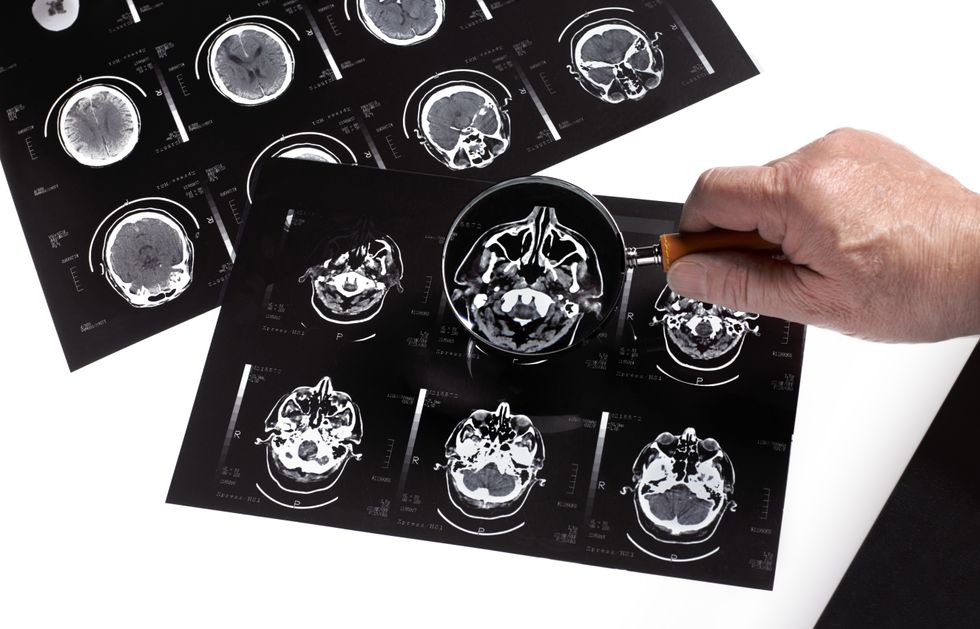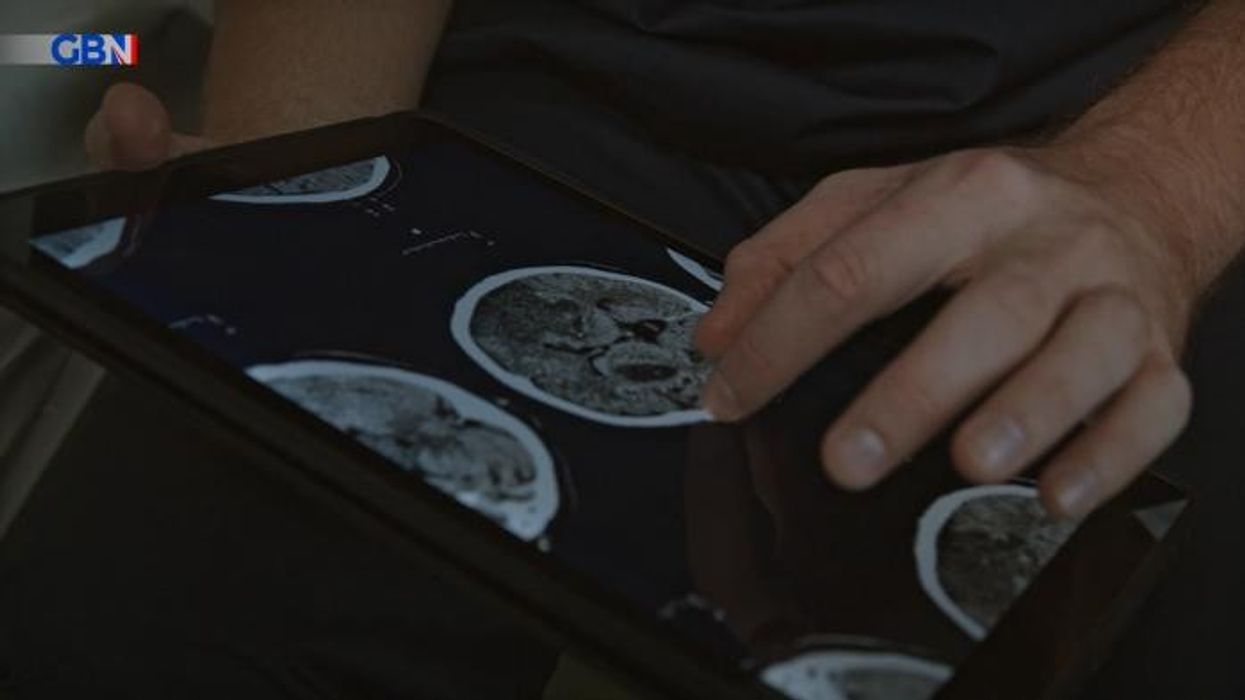Neurologist describes 'dramatic change' spotted in some dementia patients before memory loss - 'paradigm shift'

Anyone who’s experienced a loved one with Alzheimer’s will be familiar with the signs of memory loss, but sometimes other symptoms emerge
Don't Miss
Most Read
Frontotemporal dementia (FTD) is the most common neurodegenerative disease in people under the age of 65, yet very few people know it. But unlike Alzheimer’s, which typically begins with memory problems, FTD attacks personality and behaviour.
Dr Bruce Miller, Professor of Neurology at the University of California, San Francisco, has spent decades studying the condition at the Memory and Aging Center. His research has revealed that the disease targets what he calls the “social brain”.
During a recent podcast, Dr Miller argued that the disease seldom starts with memory lapses, but instead changes the fabric of human personality, something more people ought to be aware of.
“Have they become apathetic? Have they lost empathy for other people? Have they started to overeat, have they developed compulsive behaviour?” he pondered during the discussion.

FTD has a deleterious effect on patients' personalities
|GETTY
“When you see a dramatic change in someone’s personality or behaviour in mid or late life, you should assume the brain is changing.
“That for me was always a paradigm shift. When people see these symptoms in someone they love, these are not things that make them jump to the idea that this is neurodegenerative.”
The brain circuits affected in FTD are directly responsible for recognising faces, understanding others' emotions and social interaction.
It triggers a relentless attack on these areas of the brain, which many people describe as "unsettling and mysterious”.
“The average age of onset in the populations I’ve studied is 50, which is a bit younger,” Dr Miller noted.
“These are people who are at work, who have expectations in work and family, who suddenly start to decline in ways that people find unsettling and mysterious.
“We have to recognise that changes in someone do not happen unless there is a chemical or structural disturbance in the brain.”
Throughout his career, Dr Miller has documented “striking” cases that illustrate how the personality is transformed by FTD. He noted that Jamie, one of his patients, developed extraordinary cruelty towards her carer.
“I think the most striking aspect of Jamie was her cruelty,” Dr Miller recalled. “She had one of the most remarkable caregivers I had ever seen.”
LATEST DEVELOPMENTS

Early detection is important in dementia
|GETTY
On closer inspection, the neuroscientist found "the most loss of tissue [he] had ever seen in the front of the brain”.
“She lost interest in her business. She lost interest in her finances and actually got into financial trouble,” he noted.
Because delays in FTD diagnosis contribute to the burden on family caregivers, the need for awareness of the symptoms is greater than ever.
Not only does early detection allow for effective treatment of symptoms, but it also gives patients and their families time to plan for the future.











